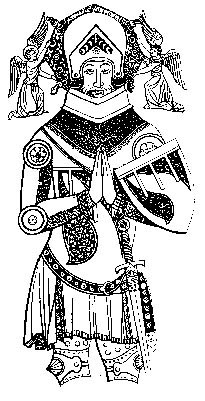
Countess trades virtue for magic armor, but husband, a knight dishonored, abandons her. As transvestite tournament hero she inveigles him, incognito, with shocking man-to-man proposition, exposing his honor as sham and redesigning their marriage for more equality.

Lascivious friars boiled.

Young climber bets
extravagantly on wife's virtue.
Cynical innkeeper importunes. Compliant maid connives.
The showdown is spectacular.

A magistrate
arrogant and corrupt
meets his match, to the letter of the law.
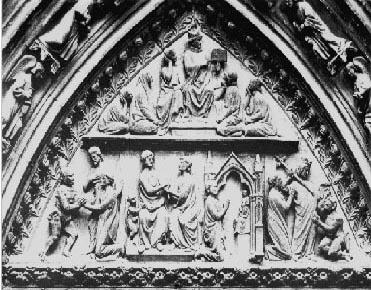
Stalwart but ambitious vicar
invents the infamous and
evergreen pact with the Devil. Retaining the Virgin
herself for the defense, he rescues his soul,
and needs naught else.
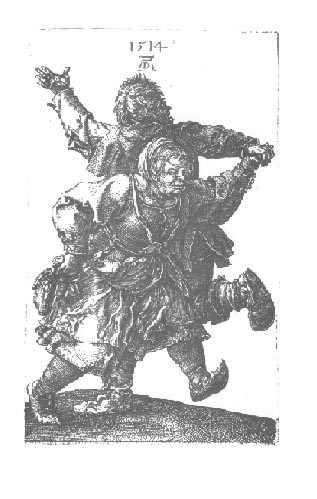
Farmer with
friends celebrates patron saint of wine. Finds thief at work
in barn. Thief impersonates saint, now as protector of
flocks. Farmer's
holy ecstasy ends badly.
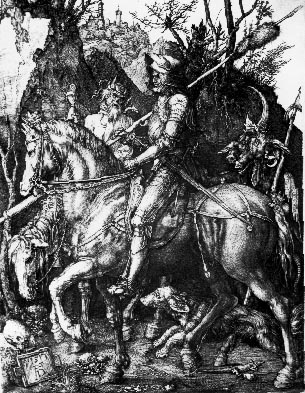
Valor of old, out of fashion
and too expensive, still wins
fair maid and fortune, complete with miracle, on credit.

Clever feminine
disguise and enticements
to reform wasted on misogyno-uxorious rustic.

Town's leading citizens and
champion drinkers turn
magnificent binge into holy crusade, and vice versa.
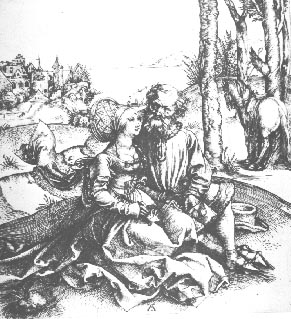
Top procuress
baits vain hussy with lordly yet lust-prone
churchman, but accidentally snares the equally fallible
husband. Wise maid saves victims from themselves.

No comment.

Bored chattels
of valor, the girls try it
themselves, with almost surprising results.
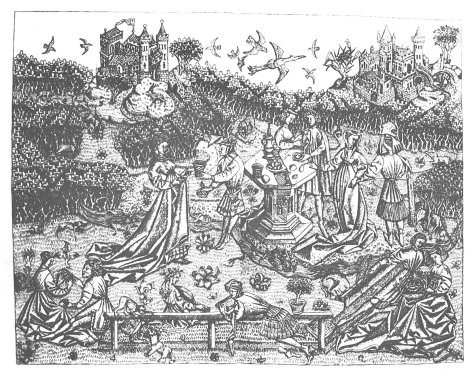
Highminded perversions,
exhibitionism, passion,
gore, nudity. Chivalry goes to the soap opera.

A girl and her
cunt, parted, find that neither can go it alone.
The author prescribes a wise remedy to please all.